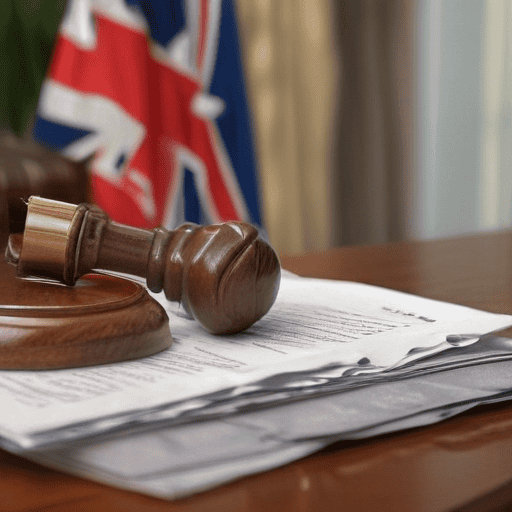Inia Seruiratu, the Leader of the Opposition in Fiji, has sharply criticized the government for prioritizing political agendas over the needs of the populace following a recent Cabinet expansion. The reshuffle, which occurred last Friday, saw seven Members of Parliament from the Group of Nine (G9) appointed as ministers and assistant ministers, raising concerns amid ongoing economic hardships, including a rising cost of living.
Prime Minister Sitiveni Rabuka has defended his decisions, asserting that the inclusion of G9 members falls within his prerogative as Prime Minister. Despite this justification, Seruiratu expressed his hope that the Prime Minister would utilize this enhanced political power to address critical national issues rather than focusing solely on immediate political survival. He highlighted that the government’s current trajectory appears to neglect taxpayer priorities, even as efforts from the Minister for Finance attempt to reduce government wastage.
The opposition, now known as the G16 bloc, remains committed to fulfilling its responsibilities diligently, emphasizing its role in maintaining democratic principles and providing robust scrutiny of government actions. Seruiratu raised questions about the implications of G9’s inclusion in terms of parliamentary seating arrangements and overall status, referencing the constitutional guidelines concerning the opposition.
This political shift in Fiji is notably influenced by the deregistration of the FijiFirst party in July 2024, allowing former opposition MPs to operate more independently, thus introducing uncertainties regarding the interpretation of the roles of independent MPs. Analysts highlight the pressing need for constitutional reforms to clarify ambiguities that could lead to potential abuses of power as Fiji approaches the 2026 general elections.
While these recent developments pose significant challenges to governance, they also present an opportunity for meaningful discussions surrounding necessary reforms aimed at enhancing transparency and accountability within the system. This transitional period could ultimately foster a renewed commitment to democratic ideals, ensuring that governance effectively serves the interests of all citizens.
In summary, while the Cabinet reshuffle has stirred considerable debate concerning the government’s priorities, it simultaneously opens a dialogue on the critical need for constitutional changes that could reinforce integrity and democracy in Fiji’s political landscape. There is hope that, through this evolution, Fiji can emerge with stronger governance that prioritizes the welfare of its citizens.

Leave a comment